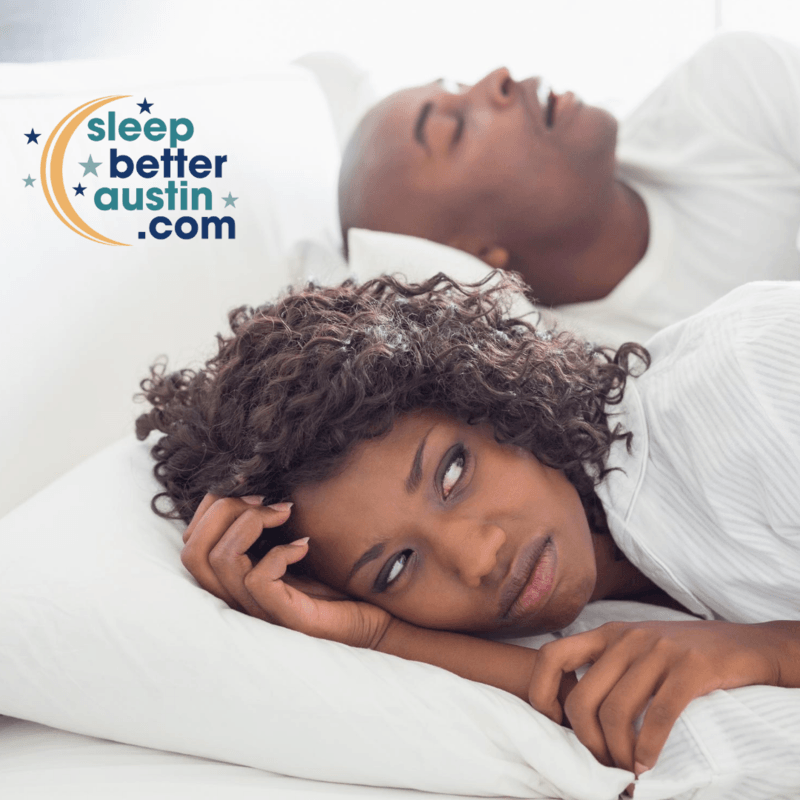
First there was “unconscious coupling,” now there’s “sleep divorce.”
Sleep divorce is the term coined for partners who may be loving and amicable throughout the day but have a hard time sharing a bed at night. Sleep “divorcees” are opting for another spot in the house to slumber or even looking to buy a second bed in order to garner some quality shuteye.
A recent survey conducted by Sleep Standards found that 59 percent of participants agree that a sleep divorce could help improve their relationship. Reasons that couples cited having trouble sleeping together at night included:
- Snoring (more than half the group at 53 percent)
- Different sleep schedules
- Constant tossing and turning
- Use of an electronic device in bed
Sleep Better Austin’s expert Dr. Brandon Hedgecock adds that the ongoing stresses of the COVID-19 pandemic are likely affecting how people sleep right now as well. “One person could be sneaking in naps during the day with extra time at home leading to tossing and turning at night, or perhaps their bedroom is doing double duty as a home office now which does not make for a very relaxing environment.”
In fact, the study shows that 25 percent of the group reported that quality sleep has been harder to achieve since the pandemic began.
Dr. Brandon Hedgecock suggests these solutions could help avoid sending couples towards a sleep divorce:
- Invest in a larger mattress or consider using completely separate blankets but on the same bed
- Look into a white noise machine or earplugs safe for sleeping to drown out snoring
- Work on better bedtime routines together so that both are winding down at the same time
If the problem preventing a restful night’s sleep together is snoring (as evidenced by more than half of those in the study), it may be a condition known as sleep apnea.
In addition to heavy snoring, sleep apnea is also characterized by irregular breathing — that starts and stops — throughout the night. Sleep apnea, if left untreated, can also lead to other serious health issues like heart disease, diabetes, and depression. The good news is that there are several effective treatments available for it to reduce the heavy snoring often disrupting a partner’s sleep. Oral Appliance Therapy is one that we offer which has proven successful when other CPAP therapies have failed.
To learn more about sleep apnea treatments and the positive effects they can have on your overall well-being (and your partner’s), contact us to schedule a complimentary appointment with one of our experts in dental sleep medicine.

 SLEEP ASSESSMENT
SLEEP ASSESSMENT